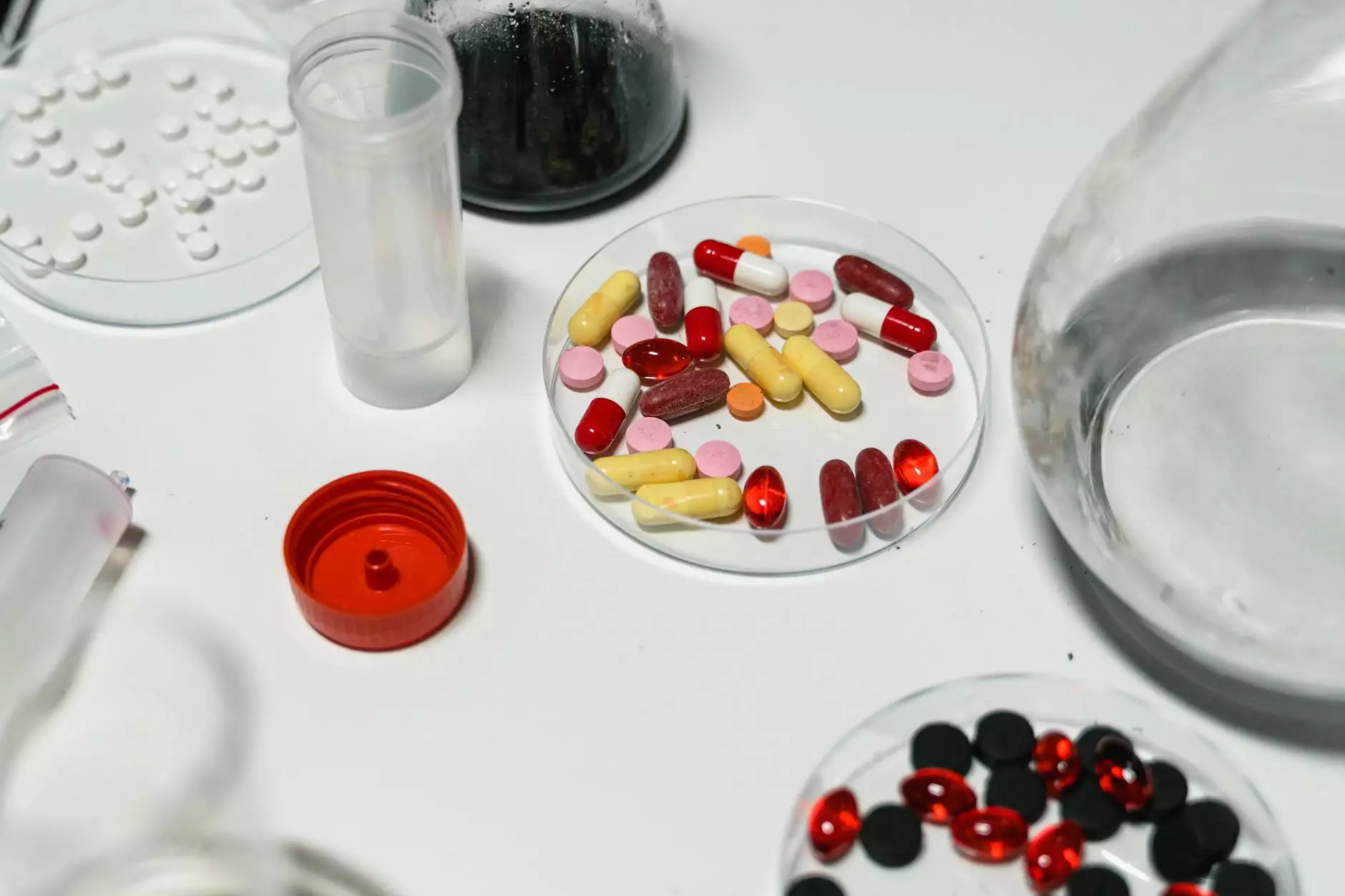The Rise of Lithium Battery Vehicles in the Health & Medical Industry

Introduction
The demand for environmentally-friendly and energy-efficient solutions is gaining momentum across various industries, including the health and medical sector. As technology continues to evolve, lithium battery vehicles have emerged as a game-changer, offering sustainable transportation options for nutritionists and healthcare professionals. In this article, we will explore the many benefits and features of lithium battery vehicles and how they are transforming the way health and medical services are delivered.
Understanding Lithium Battery Vehicles
Lithium battery vehicles, also known as electric vehicles (EVs), are automobiles that are powered by rechargeable lithium-ion batteries. These batteries store and release electrical energy, eliminating the need for traditional fuel combustion engines. This innovative technology has led to the development of electric cars, vans, and even specialized vehicles that cater specifically to the needs of healthcare and nutrition professionals.
Benefits of Lithium Battery Vehicles
1. Environmental Sustainability: Lithium battery vehicles produce zero tailpipe emissions, reducing air pollution and contributing to a cleaner and healthier environment. With concerns about climate change increasing, healthcare providers are making a conscious effort to adopt eco-friendly practices, and electric vehicles fit perfectly into their sustainability goals.
2. Cost Savings: While the initial investment in lithium battery vehicles may be higher compared to traditional combustion-engine vehicles, the long-term cost savings are significant. Electric vehicles have lower operating costs, as electricity is generally cheaper than gasoline or diesel, and maintenance expenses are also reduced due to fewer mechanical parts and fluids.
Features of Lithium Battery Vehicles
1. Extended Range: Technological advancements in lithium battery technology have significantly improved the range of electric vehicles. Nutritionists can travel longer distances without worrying about recharging or range anxiety. This is especially crucial for professionals who need to visit multiple clients or patients throughout the day.
2. Fast Charging: Charging infrastructure for electric vehicles has been rapidly expanding, making it easier for nutritionists to recharge their lithium battery vehicles. With rapid charging stations becoming more accessible, professionals can conveniently top-up their battery during short breaks, ensuring a seamless and uninterrupted schedule.
How Lithium Battery Vehicles Transform Health & Medical Services
1. Enhanced Mobility: Lithium battery vehicles provide nutritionists and healthcare professionals with increased flexibility and mobility. They can easily navigate urban areas, visit rural locations, and reach patients who may have limited access to healthcare services. This enables practitioners to extend their reach and positively impact a broader patient population.
2. Improved Patient Experience: The quiet operation and smooth ride of lithium battery vehicles enhance the overall patient experience during home visits. Patients who may be sensitive to noise or have mobility issues can benefit from the comfort provided by electric vehicles, resulting in a more relaxed and positive encounter.
The Future of Lithium Battery Vehicles in Health & Medical Industry
Lithium battery vehicles are paving the way for a sustainable and greener future in the health and medical domain. As technologies continue to evolve, we can anticipate even more advanced features and increased adoption of electric vehicles among nutritionists, doctors, and other healthcare professionals. The continued support and investment in charging infrastructure will further accelerate the transition to a fully electric fleet, benefiting both the environment and the patients being served.
Conclusion
As the demand for sustainable and innovative transportation solutions grows, lithium battery vehicles have become a vital tool for nutritionists and other health and medical professionals. They offer numerous benefits, such as environmental sustainability and cost savings, while also improving mobility and patient experiences. The future looks promising as this technology continues to evolve, creating a positive impact on both the healthcare industry and the environment. Embrace the future of transportation with lithium battery vehicles, and unlock a world of opportunities for improved health and medical services.









